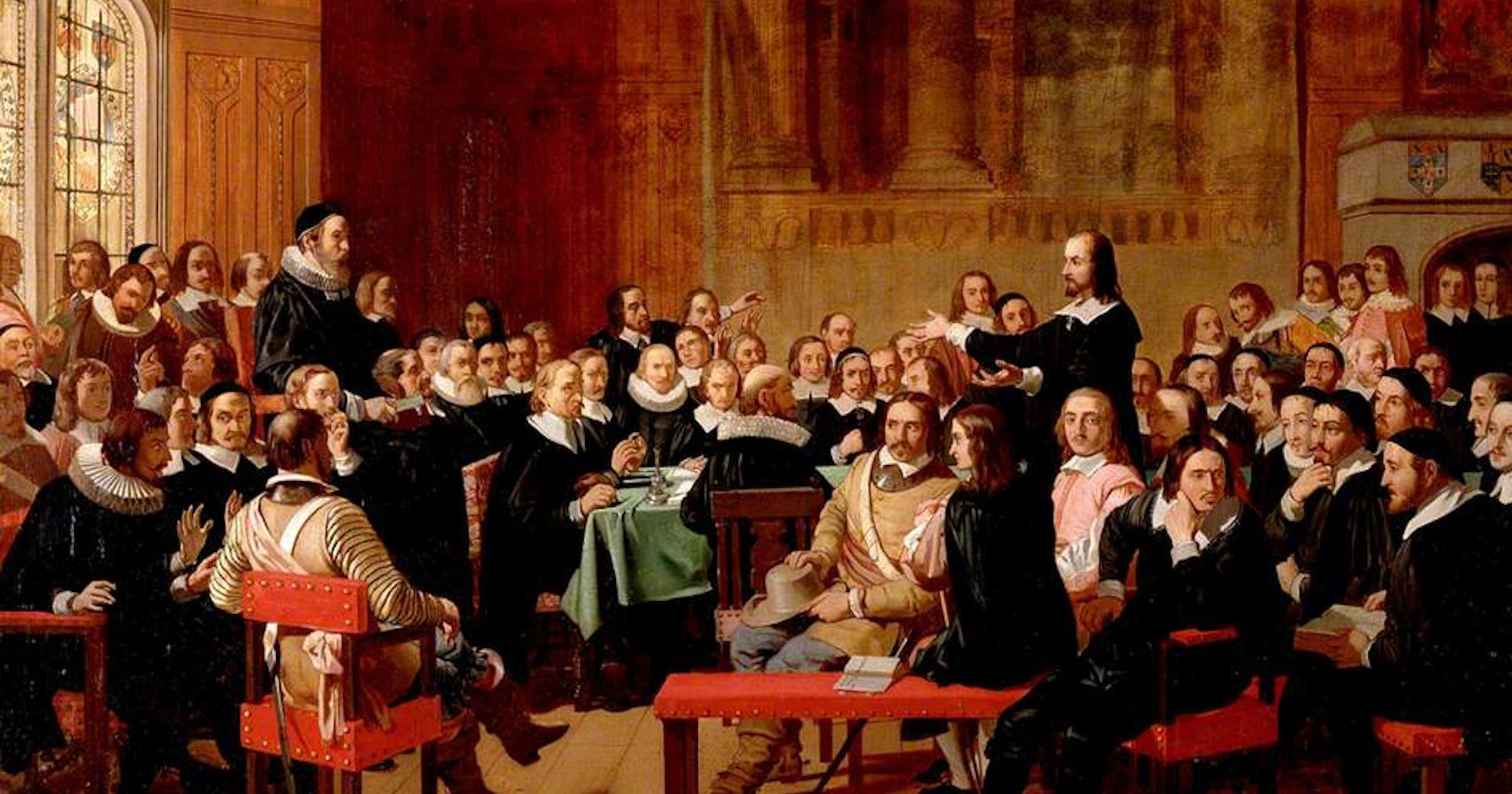A survey of the Church, especially across multiple denominations, will reveal the great diversity among Deacons and their role. The Bible is not as clear on the Deacon ministry as on other aspects of the Church. Tradition has pushed our thinking for miles, but it's not so much tradition as it has been tradition's working dog, pragmatism. Might tradition and pragmatism have taken us in the same direction as the Bible? Maybe; maybe not. To know, we need to understand what the Bible says about the ministry of the Deacon.
In Philippians 1:1, Paul addressed the church, writing, "To all the saints in Christ Jesus who are in Philippi, including the overseers and deacons." The word from where we get "deacons" is from the translation of the Greek word daikonos, a plural noun. In the simplest terms, it means servant or minister. More specifically, it means: "1. one who serves as an intermediary in a transaction, agent, intermediary, courier; or 2. one who gets something done at the behest of a superior, assistant" (BDAG). If Paul was referring to all the faithful saints who serve, it's odd that he would have made a particular clause to identify them with the elders. But we might not have given it more thought if not for 1 Timothy 3:8-13. Between these two sections of Scripture, we have qualifications and an indication of a set-apart status. It would seem that a Deacon is an officer within the local church when defining "office" as a position publicly recognized and given a level of authority, either over the entire local church or in a specific area or ministry of the church.
While the history of this office is fascinating and informative, if allowed to define the deacon ministry, we end up anywhere from a church-controlling office that trumps the authority and purpose of the elder and the congregation to a non-existent role altogether. If the Bible guides the Church on this matter, diligent, prayerful study is necessary. However, as seen above, the Bible is not as straightforward as we'd like. The result of such a study may or may not leave room for the local church to shape the Deacon ministry. We might find that tradition or pragmatism is helpful at some level, but only after careful study of God's Word and if caution is exercised.
A study such as this requires bombarding the Scriptures with questions and isolating parts for a survey before we can bring those parts together. With each question, one must set aside present conclusions and be open to see what the study yields. One must fight the temptation to lean in ways that defend or attack the status quo. Hugging the question until all relevant Scripture is explored will prove fruitful, and seeing the fruit of each question in the bowl together will bring a more robust, biblical conclusion.
The first step is to identify and list the right questions. I want to encourage you to set out on a careful study of the Scriptures with these questions as your starting point. Will we come to the same conclusions? Future posts on this website will share what I found. Here are the initial questions to help guide my study of God's Word:
1. What is a Deacon?
2. What does a Deacon do?
3. Who can be a Deacon?
4. What is the difference between an Elder and a Deacon?
5. Why did Paul guide Timothy about Elders and Deacons, but he only instructed Titus about Elders?
6. Were the seven appointed men in Acts 6 Deacons?
7. What is the appropriate role for Deacons in the local church today?




















